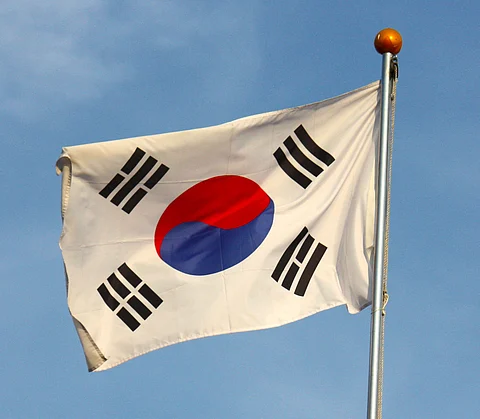

In South Korea, authorities are stepping up security measures to avoid potential violence as the Constitutional Court is set to rule on the impeachment of suspended President Yoon Suk Yeol. This decision, expected this month, comes after Yoon’s controversial declaration of martial law, which led to political chaos and his brief arrest on insurrection charges in January.
Seoul’s police chief, Park Hyun-soo, announced that they will be using “all available resources,” including barricades and a 100-meter protest-free zone around the court, to prevent clashes between rival demonstrators. The authorities will also train officers in crowd control tactics and may deploy special forces to handle bomb threats. Due to safety concerns, nearby schools, construction sites, and gas stations will be temporarily closed.
The ruling has come at a time when the country is fairly polarized, particularly after Yoon's supporters violently stormed a Seoul court earlier this year, breaking windows and doors in protest of his detention. Although Yoon was released due to procedural issues, he is now facing a different criminal trial that is not connected to the impeachment.
Park has said that there would be a need to protect judges and maintain public order, saying, “We must prevent conflicts between opposing factions.” The impeachment case revolves around Yoon’s decision to impose martial law, which critics label as an unconstitutional power grab. Supporters of Yoon, however, say that it was essential to manage national crises effectively.
Officials keep calling for calm, but the growing tensions in the country may boil over and bring about unrest in a country that is already grappling with significant legal and political challenges.